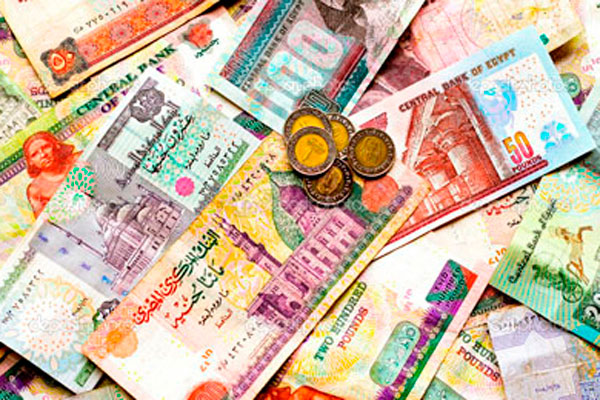
L-Momentum fading for global economic growth, inflation
BENGALURU, January 15, 2016
Economic growth is losing momentum across emerging and developed economies as is inflation, with trouble in China now the biggest worry for 2016, according to the overwhelming majority of hundreds of economists polled by Reuters around the world.
That comes despite several trillion dollars' worth of stimulus and ultra-easy monetary policy from major central banks over the last half decade, and coincides with a growing sense of fear that is gripping world financial markets.
The benchmark S&P 500 US stock index closed below 1,900 for the first time since September on Wednesday, crude oil has fallen over 70 per cent since mid-2014 to below $30 a barrel and US 10-year Treasury bond yields are back to two-month lows.
Elwin de Groot, senior market economist at Rabobank, warned that the world could no longer rely on China for support, as it did after the global crisis erupted on financial markets in 2007-08 and spread to developed economies.
"One of the lessons learned from past crises is that one ought to take the market seriously. Very seriously. From that viewpoint the start to the year is a screaming warning sign," he said.
"One reason why the market is watching China so intensely is that all big economic regions have their own issues, so a weaker China means no spender of last resort."
Throughout the years of crisis and recovery, the world's second largest economy has helped to cushion the world economy through breakneck borrowing and infrastructure spending which has only recently begun to taper off.
Concerns about China's slowdown easily topped the list of what hundreds of economists said they were most worried about for the global economy this year, even though a majority said the risk of a global recession this year is "insignificant".
Prospects for rapid acceleration remain slim.
Global growth forecasts in the poll of 3.3 per cent this year and 3.4 per cent next year are lower than three months ago, with the most optimistic prediction looking significantly more modest this time around compared with previous years.
Performance in developed economies is expected to be modest at best. Not only have growth forecasts been trimmed, economists have chopped their inflation outlook across the board for most countries, with lower highs and lower lows.
WANING OPTIMISM ABOUT US AND BRITAIN
The poll also showed the outlook for those few developed economies which have perked up enough to warrant higher interest rates or at least discussion of them - particularly the United States and Britain - has darkened.
"The US recovery looks set to continue but the pace is expected to be unspectacular," noted Janet Henry, global chief economist at HSBC, who believes the US Federal Reserve will have to scale back the policy tightening it has in mind.
"The Fed is still projecting 100 basis points of rate rises in 2016. We are forecasting that they will actually move more cautiously rather than risk having to make the Great Reversal."
The latest Reuters poll predicts only three follow-up increases this year after the first Fed hike in almost a decade last month, held back partly by a strong dollar and tame inflation.
With British inflation nowhere near the Bank of England's two per cent target, and not expected to get there until sometime in 2017, the central bank is expected leave policy unchanged until at least July, later than previously thought.
Sterling has tumbled sharply on expectations that the first move could be even further out, possibly not until 2017.
And while very low inflation and modest growth will probably define the euro zone economy for the next two years, there are only slim chances the European Central Bank will increase its monthly bond purchases.
"More dramatic and substantial policy easing is only likely to come as a response to a significant deterioration in the outlook," according to analysts at Goldman Sachs.
EMERGING ECONOMIES A SIGNIFICANT RISK
Battered emerging markets, from which investors have been fleeing in droves, look set for another very tough year.
Economists as a whole may have rated the risk of a global recession as "insignificant", but a slim majority of them based in emerging markets said "significant".
China's reported economic growth is expected to slow to 6.5 per cent in 2016 from a forecast 6.9 per cent in 2015, prompting the government to ease policy further. Many suspect the real growth rate is lower than that.
This moderating growth will raise pressure on policymakers to do more, especially as a renewed plunge in Chinese stock markets and a slide in the yuan currency have stoked concerns among global investors.
India is one of the few exceptions in emerging markets with a stable outlook, and is likely to maintain a faster growth rate than China over the next few years.
The most pessimistic forecast for growth next year in India matches the most optimistic figure for China, seven per cent.
"For most of the emerging world the growth revisions are clearly downwards," noted HSBC's Henry. "This includes the large Asian economies, including China and India, though the bigger cuts have come through in Latin America, particularly Brazil."
The worst recessions of 2016 will happen in Latin America and there is little policymakers can do to avoid this as commodities prices flounder. Economists slashed growth forecasts for most of the region. - Reuters







